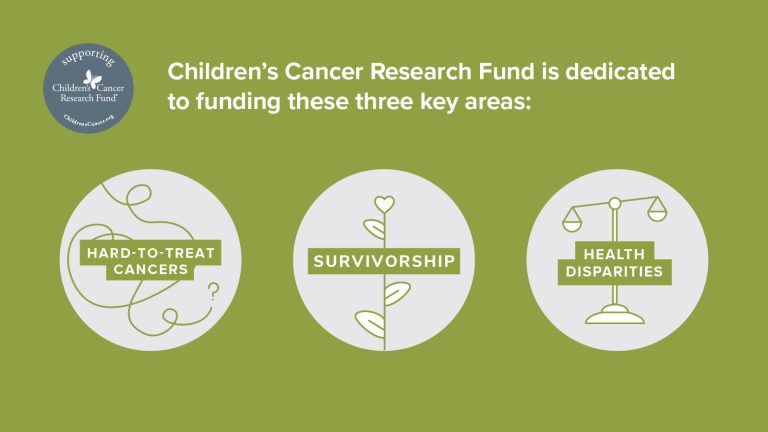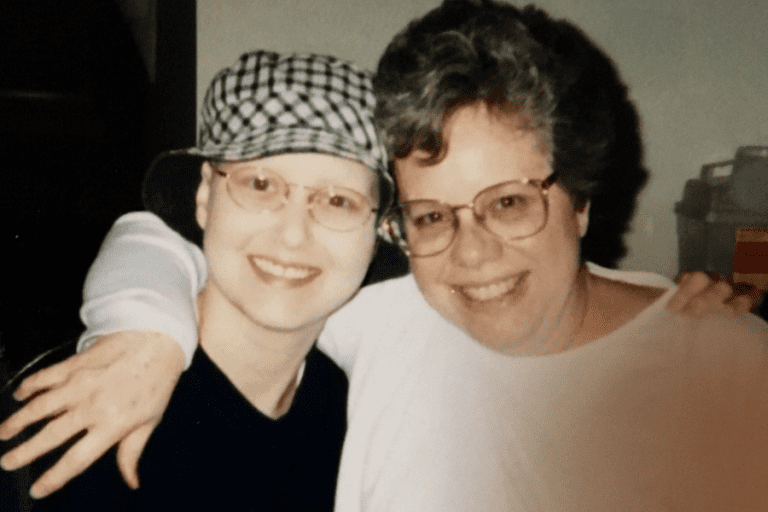Dr. Christopher Moertel, the Kenneth and Betty Jayne Dahlberg Professor of Pediatrics at the University of Minnesota School of Medicine, has dedicated his career to advancing pediatric oncology and improving the lives of children with cancer. As he embarks on his well-deserved retirement from the University of Minnesota, we reflect on his extraordinary contributions and the lasting impact he has made in the field.
Dr. Moertel joined the University of Minnesota in 2007, bringing with him a wealth of experience from his previous role as the lead physician of the Theodora Lang Pediatric Hematology/Oncology Clinic at Children's Hospital, St. Paul. While at the University of Minnesota, he served as the medical director of the Katie Hageboeck Children's Cancer Research Fund Clinic and led the Pediatric Brain Tumor Program and the Comprehensive Neurofibromatosis Clinic.
Throughout his career, Dr. Moertel has been at the forefront of groundbreaking research in childhood cancer. His work has focused on the treatment of neurofibromatosis-associated neoplasia, targeted therapy of pediatric brain tumors, and immunotherapy of high-grade glioma. He has sponsored multiple investigator-initiated clinical trials and has research collaborations in cancer genomics, cancer immunotherapy, and cancer epidemiology.
Dr. Moertel credits one of his most notable achievements thanks to early support from Children’s Cancer Research Fund more than a decade ago. In collaboration with Dr. Michael Olin, the team developed a new peptide checkpoint ligand, CD200AR-L. This innovative therapy takes advantage of the CD200 immune activation receptor to downregulate the immune-suppressing receptor, effectively suppressing the suppressor. Their research has shown promising results in both animal and human trials, offering hope for children with DIPG and aggressive brain tumors.
Dr. Moertel's dedication to moving science from the lab to the bedside has been a driving force behind his work. He has tirelessly pursued new treatments and therapies, always with the goal of improving the lives of his patients and their families. His efforts have advanced our understanding of childhood cancers and paved the way for innovative treatments that have saved lives and improved the quality of life for many young patients across the country.
As Dr. Moertel retires from the University of Minnesota, his legacy will leave an indelible mark on childhood cancer care, inspiring researchers, clinicians and healthcare professionals for years to come.
We extend our heartfelt congratulations to Dr. Moertel on his retirement and express our deepest gratitude for his extraordinary service.




